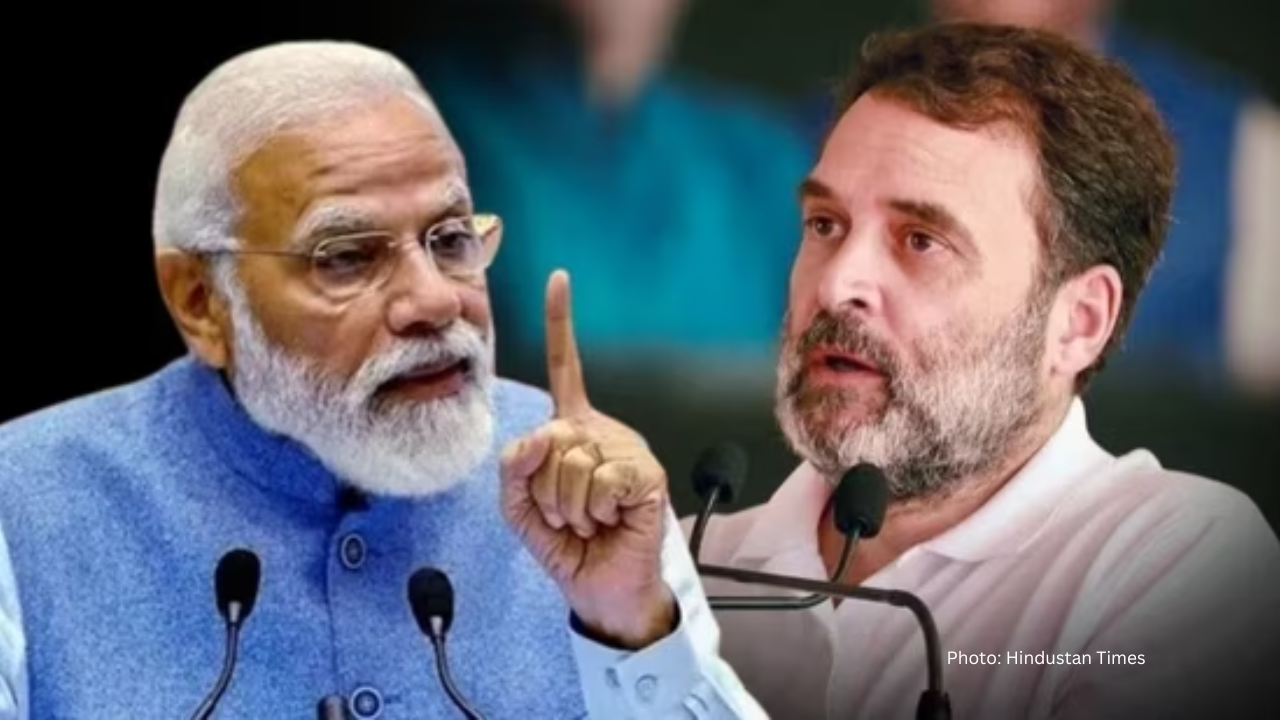India’s 2024 Elections: Political Shifts and Global Repercussions
Roman Uddin | 08 June 2024
India's recent 2024 national elections have not only reshaped the country's political landscape but have also sparked discussions on the implications for democracy, regional stability, and global relations. As the results unfolded, several key themes emerged, reflecting both continuity and significant shifts in India's political trajectory.
The Bharatiya Janata Party (BJP), led by Prime Minister Narendra Modi, secured 240 seats in the Lok Sabha, forming a part of the National Democratic Alliance (NDA) which achieved a functional mandate of 293 seats. While the BJP-NDA coalition retains power, this electoral outcome marks a notable decline from their previous landslide victory in 2019. The opposition, comprising the Indian National Congress and other regional parties in alliances like the INDIA alliance, gained ground with 232 seats, signaling a resurgence in opposition influence and a more evenly balanced parliament.
One of the central themes of the 2024 elections was the BJP's strong emphasis on Hindu nationalism, epitomized by its pledge to build the Ram Mandir in Ayodhya, Uttar Pradesh. The project's completion under Prime Minister Narendra Modi's leadership symbolizes a significant victory for Hindu nationalist sentiment but has also sparked concerns about secularism and religious harmony in India. The electoral outcome, particularly in Uttar Pradesh, reflects a nuanced response from voters, highlighting a complex interplay between religious identity and broader governance issues in India's democratic framework.
The electoral process itself has not been without controversy. The arrest of opposition leaders, including Arvind Kejriwal of the Aam Aadmi Party, on corruption charges during the campaign period raised questions about the timing and political motivations behind such actions. These incidents underscore ongoing challenges to electoral integrity and democratic norms in India, prompting scrutiny from domestic observers and international partners alike.
Criticism of India's Election Commission for its handling of voter safety and transparency in vote counting further underscores concerns about democratic practices. While the Commission managed the elections effectively in many respects, allegations of bias and procedural irregularities have surfaced, casting a shadow over the electoral process's credibility.
The strengthened opposition presence in parliament poses challenges for the BJP-led government in implementing its policy agenda. With a more assertive opposition, Modi's ability to push through contentious reforms and legislative measures may face greater scrutiny and resistance. The need for consensus-building and parliamentary cooperation could potentially temper the BJP's agenda, fostering broader debate but also potentially slowing down governance reforms.
Regionally, India's foreign policy under Modi's leadership has been characterized by strategic engagements with neighboring countries and major global powers. However, India's relations with Bangladesh have been contentious, particularly concerning accusations that Modi's government supported the ruling Awami League in undemocratic practices during Bangladesh's recent national elections. These allegations have strained people-to-people diplomacy between India and Bangladesh, focusing instead on bilateral ties that benefit specific political interests rather than fostering broader societal connections.
Internationally, India's democratic credentials have come under scrutiny, particularly regarding human rights issues and the treatment of dissenting voices. Criticism from Western countries, including the United States, has highlighted concerns over democratic backsliding in certain areas. While India remains a key strategic partner for the US in countering regional instability and economic challenges, divergent views on human rights and democratic norms continue to influence bilateral relations.
However, India's 2024 elections represent a complex interplay of political dynamics, religious identity, and global implications. The BJP's electoral mandate, coupled with a more vocal opposition and international scrutiny, underscores the challenges and opportunities facing India's democracy. As the country navigates these complexities, the balance between religious nationalism, democratic principles, and international partnerships will shape India's trajectory in the years ahead, influencing both domestic policy priorities and its role on the global stage.
Roman Uddin is a Research Associate and Youth Outreach Program Coordinator at CGS
The views expressed in these write-up are solely those of the author and do not necessarily reflect the policies of CGS.
